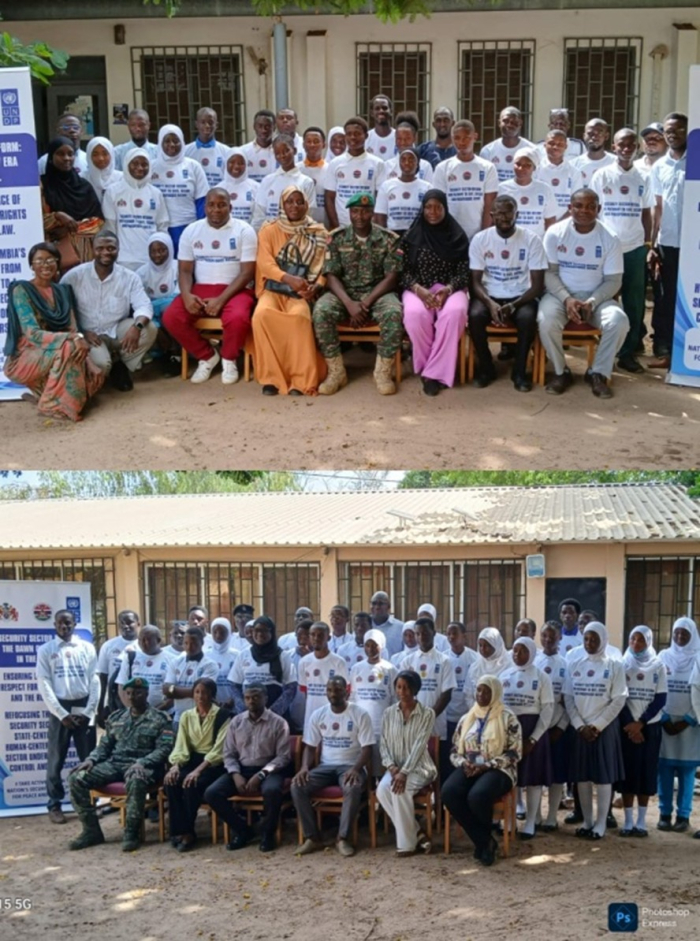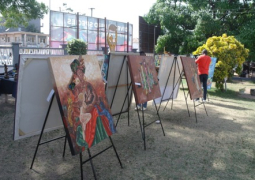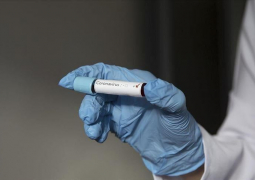
The purpose of the tour is to shift the country’s security sector from a state-centred approach to a human-centred one under democratic control and oversight.
The student representatives expressed their worries about the ongoing mishandling and harassment of civilians by some security officers.
“The police are still beating, insulting, and maltreating us in the name of orders from above. We are neither allowed to peacefully demonstrate, nor are we given a chance to explain ourselves when arrested or questioned,” the students emphasised.
Additionally, the representatives suggested that laws need to be changed to allow for a more democratic flow of communication between citizens and their leaders.
“If the constitution or the Public Order Act states that we need permits from the police or local government, then why not change the law? We cannot be expected to participate in national development when we are restricted by laws that limit our civic duties,” they stressed.
Some students also shared their fear of interacting with security personnel, especially soldiers, indicating that this fear permeates among students and citizens at large.
In response, Assistant Superintendent (ASP) Malang Keita from the Police Planning Unit, acknowledged the challenges outlined by the students but emphasised that reform is a process that requires time.
“While it is true that some police officers continue to harass civilians, I assure you that capacity building is underway. Ten or more years ago, human rights were not part of the police training policy, but thankfully, this is now changing,” Keita explained.
ASP Keita stressed that while the reform may be slow, it is progressing, and with the support of citizens, improvements will eventually materialise.
Lieutenant Omar M. Colley from the Gambia Armed Forces also noted that significant changes have occurred over the years.
Reflecting on the past 25 years, he stated, “Over twenty years ago, the military regime was dominant. Now, we have shifted towards involving others in politics, protecting our citizens, and following the rule of law, unlike in the past.”
The schools represented at the two-day town hall meeting included Nusrat, Gambia High, St. Augustine’s, West Africa Senior School (WASS), Greater Banjul, Tallinding, Kotu, Daddy Jobe, Kairaba, St. Joseph, Charles Jaw, LK, Aji Sukai Ndahteh, Muslim, Kanifing, Garba Jahumpa, Charles Fowlis, Sheikh Mass Kah, Bakoteh, and St. John’s Technical for the Deaf Senior Secondary Schools.
Read Other Articles In Headlines
Farmers admit getting enough fertiliser
Aug 31, 2021, 12:36 PM




